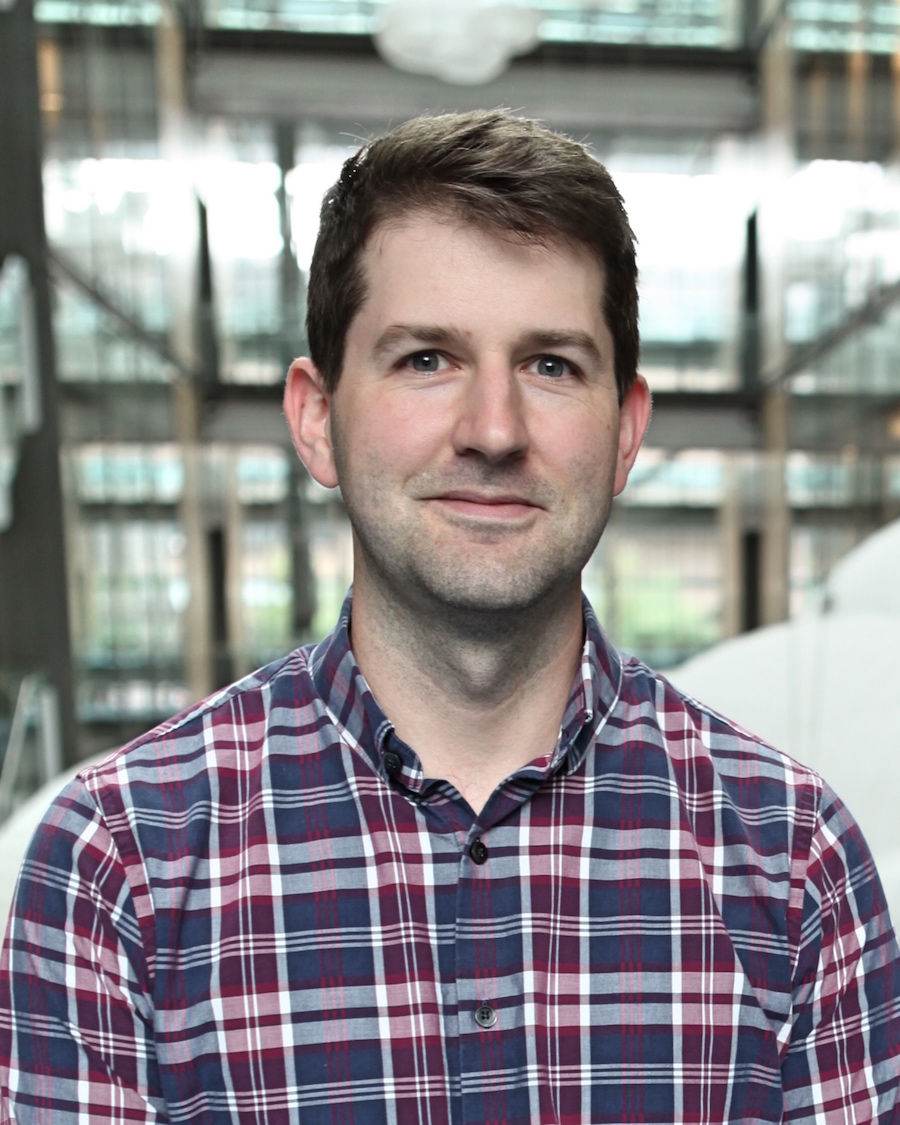Carrow receives NIH Maximizing Investigators’ Research Award
Brad Carrow, assistant professor of chemistry, has received a 5-year Maximizing Investigators’ Research Award (MIRA) from the National Institutes of Health Institute of General Medical Sciences (NIGMS). Speaking of the research that the award will fund, Carrow explained, “The goal of this study is to discover and develop new catalyst design concepts that leverage van der Waals forces to enable new organometallic reactions that can form carbon-carbon and carbon-heteroatom bonds under mild conditions and in a sustainable fashion.”

The stated goal of MIRA is to increase the efficiency of NIGMS funding by providing investigators with greater stability and flexibility, thereby enhancing scientific productivity and the chances for important breakthroughs. The program will also help distribute funding more widely among the nation’s highly talented and promising investigators. MIRA grants will generally be for 5 years, for both established investigators and new and early stage investigators.
Abstract. Aliphatic Effects in Transition Metal Catalysis
Metals with low electron counts and vacant orbitals are often exceptionally reactive and attractive for manifesting unexpected reactivity with organic substrates. Can these typically transient species be accessed and persistent in high steady-state concentrations? A goal of our program is to discover and develop catalyst structures to test this question by leveraging attractive van der Waals forces to enhance both reactivity and stability of low-coordinate organometallic species that can form carbon-carbon and carbon-heteroatom bonds through unique elementary mechanisms with exceptionally fast rates. Our approach is inspired by the substantial influence dispersion forces can exert in biological systems, which we are able to mimic in synthetic catalyst structures through rational ligand design and mechanistic study. Exploiting aliphatic effects to promote historically challenging elementary organometallic reactions of earth-abundant metal systems is a key direction for this project and should result in more sustainable catalytic carbon-carbon and carbon-heteroatom bond forming methods.
